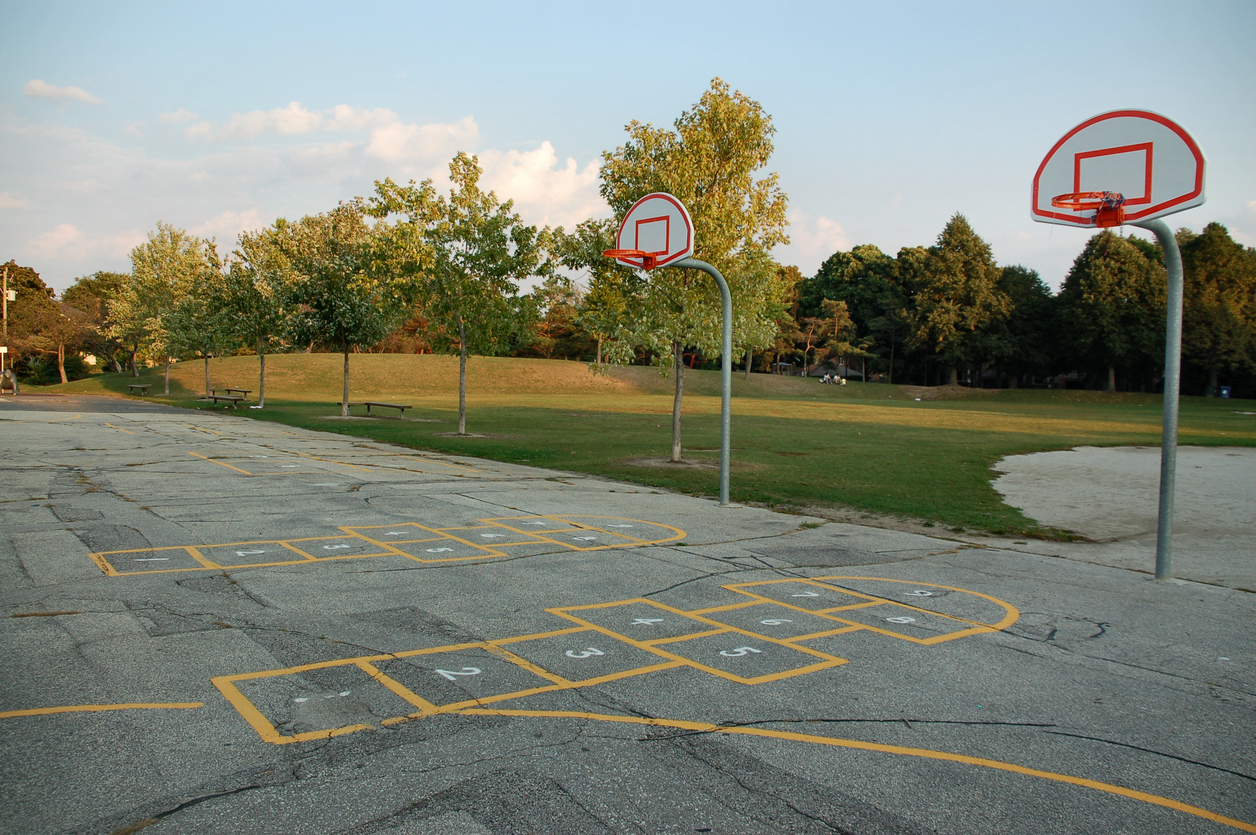
This question comes from a parent on the Peninsula who requests to remain anonymous: “Chris, my son was sexually assaulted by another student at his middle school. My son and the other student are both developmentally disabled and attend the same class. Last month, the other student was observed on the playground during recess with his hands inside my son’s pants, forcibly touching my son in and around his genitals. My son never told me about the assault. However, after it occurred, each morning he was highly agitated and did not want to go to school. I kept him home for the week.
I only learned what occurred during a conversation with a teacher’s aide when my son returned to school. The aide asked me how my son was doing emotionally. I did not know what she was referring to. She told me about the assault on the playground, and added that the same student had been observed inappropriately touching other students in the classroom earlier in the school year. I spoke to the principal. She apologized for school personnel not informing me about the assault but claimed the school had no idea the student who committed the assault posed a danger to other students. What should I do?”
I am saddened to learn of the sexual assault on your son. While the overwhelming majority of educators and administrators are committed to providing a safe learning environment, a shocking amount of sexual abuse of students by other students in schools occurs nationwide. Disabled students are among the most victimized individuals in society. I hope your son is receiving therapy. It’s vital for his long term mental health.
The teachers and the school were under a mandatory duty to report the inappropriate sexual conduct to the police or county welfare department. Failure to comply with this duty can result in fines or jail time. (Cal. Penal Code 11166(c).) They should also notify the parents and guardians of any child who was sexually assaulted. You should demand that the school report the incident and report it yourself to the Superintendent of Schools, police and county welfare department.
You may also seek justice by filing a lawsuit on behalf of your son. Legal claims that may be brought against the individual, in this case the student, who committed the sexual assault as well as the teachers and school district. The minors are often incompetent to understand their actions so they are usually not held personally liable. Instead, the focus of the litigation is on the teachers and school district: the ones who had a mandatory duty to report the crime. These cases often are based on “negligent supervision” claims.
What is negligent supervision of students?
The California Supreme Court has held that teachers and other school employees must supervise students on school grounds and enforce rules and regulations necessary to their protection. The degree of care that school employees must follow is that which a person of ordinary prudence, charged with comparable duties, would exercise under the same circumstances.
A total lack of supervision or ineffective supervision can constitute a failure of ordinary care on the part of school personnel. In a landmark 1970 case, Daily v. LAUSD, 2 Cal.3d 741, the Court held that a teacher breached his duty to supervise students by taking a lunch break instead of watching the students on the school grounds, which was his responsibility. A fight broke out among the students and one died. The fact that another student’s misconduct was the immediate cause of the student’s death did not relieve the school district from liability. The Court found it was foreseeable that fighting could occur among unsupervised adolescent students.
In addition to the general duty to supervise students, schools must protect students from foreseeable injuries at the hand of third parties, including other students known to pose a danger. In certain circumstances, courts have found school districts liable for sexual assaults on special needs students on school grounds by other students, even when the same type of incident had not occurred previously, due to the vulnerability of special needs students.
Thus, even if the student who assaulted your son had not assaulted other students, if he had touched or fondled the sexual areas of other students, this could constitute strong evidence that the school should have been placed the student in a different educational setting or closely supervised him, including while on the playground.
Other claims against the school district may be warranted depending upon the facts of your case. Please take this information as general guidance on the law, and not specific legal advice. I recommend you contact a trial lawyer experienced in cases involving abuse against special needs students to advise you of your legal rights.
By attorney Christopher B. Dolan, owner of the Dolan Law Firm. Email Chris questions and topics for future articles to help@dolanlawfirm.com
Contact Student Abuse Attorneys At The Dolan Law Firm
The Dolan Law Firm represents parents and guardians of children who suffered abuse at their school. We understand the sensitive nature of these cases and work closely with our clients to obtain just compensation and require the school districts to undertake action to prevent other children from being abused in the future.
Our litigation experience includes successfully resolving cases brought against special education teachers and aides in the San Francisco Bay Area for abusing autistic and special education students and against the schools and school districts that employed these individuals for failing to properly train and supervise them and neglecting to recognize and report the child abuse.
This litigation includes a widely-publicized abuse case against the Redwood City Elementary School District in San Mateo County that resulted in a significant settlement for our clients. We also successfully resolved a suit involving the sexual assault of a student charging the school district was negligent in safeguarding the safety of students at the school.
Please contact us for a free, no obligation, and confidential review of your case or call us at 415-636-8160.








